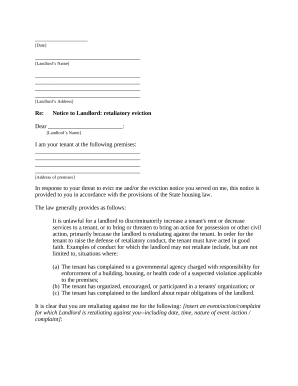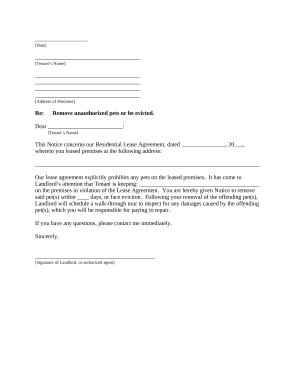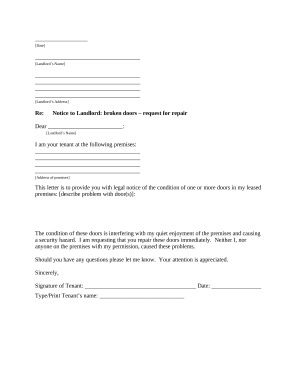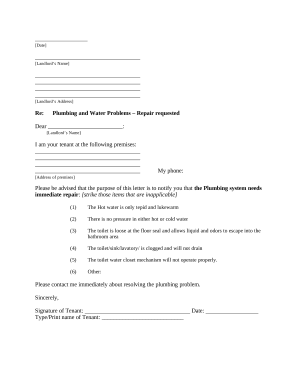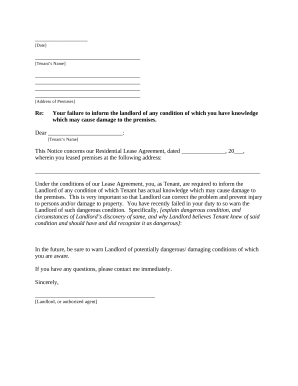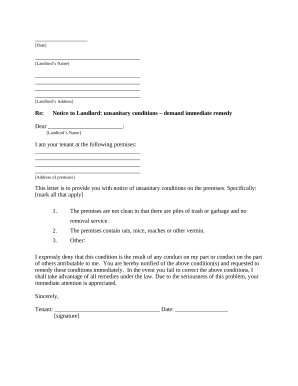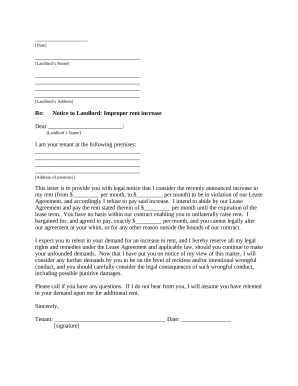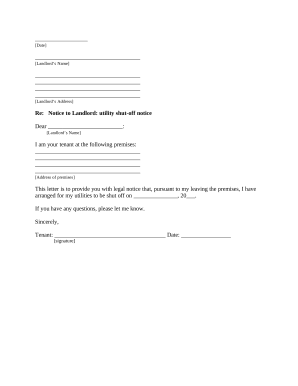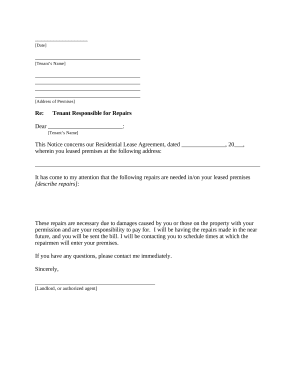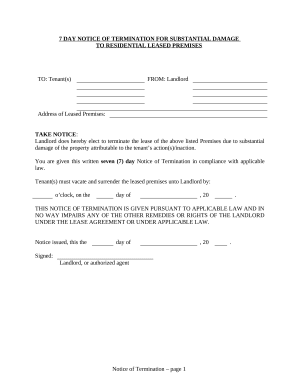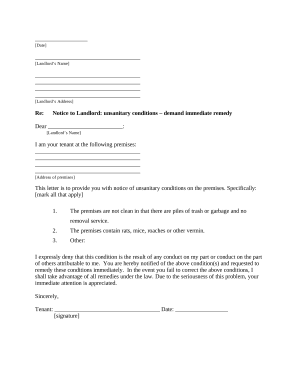Enhance your work productivity with Tenant Rights and Responsibilities
Form management takes up to half of your business hours. With DocHub, you can reclaim your office time and improve your team's efficiency. Get Tenant Rights and Responsibilities online library and check out all document templates related to your everyday workflows.
Easily use Tenant Rights and Responsibilities:
- Open Tenant Rights and Responsibilities and utilize Preview to obtain the appropriate form.
- Click Get Form to begin working on it.
- Wait for your form to upload in our online editor and begin modifying it.
- Add new fillable fields, icons, and images, modify pages order, etc.
- Fill out your file or set it for other contributors.
- Download or share the form by link, email attachment, or invite.
Boost your everyday file management with the Tenant Rights and Responsibilities. Get your free DocHub profile today to explore all templates.
